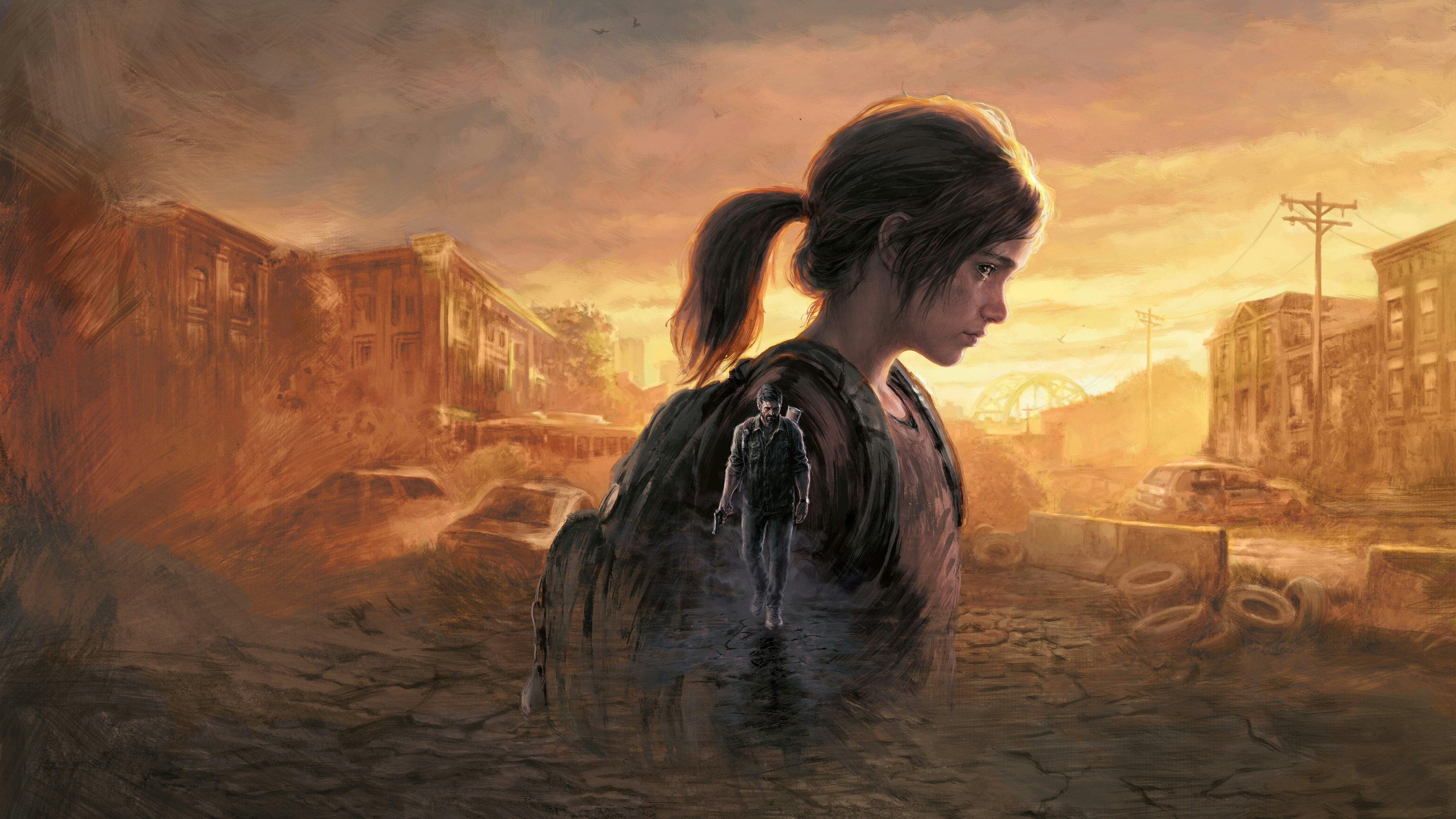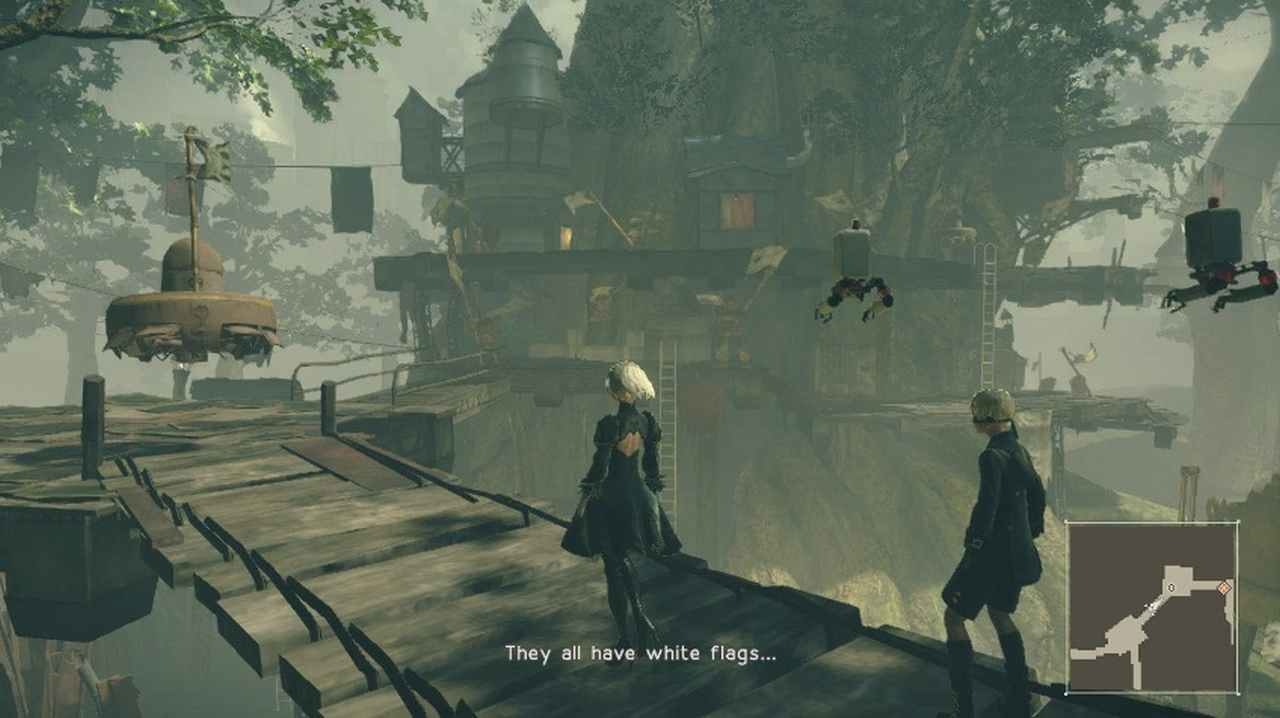
It is a truth universally acknowledged that any film or television person adapting a video game must talk about the inferiority of video games as a medium. With this in mind, it is not entirely shocking that in an attempt to praise the quality of the source material for HBO’s Last of Us series, creator Craig Mazin reinforces the idea that games having artistic value is a surprise. In doing so, he ignores what makes video games special.
What’s so special about The Last of Us? — “It’s an open-and-shut case: this is the greatest story that has ever been told in video games,” Mazin told Empire in a recent interview. First off, it is rarely a good idea to use grand sweeping statements if you can’t back it up. Saying that this conversation is open-and-shut is a massive claim. But is there support for what Mazin is saying?

The Last of Us is without a doubt one of the biggest games of the past decade and has garnered critical acclaim for its hard-hitting narrative and believable performances from the game’s leads Troy Baker and Ashley Johnson. It isn’t hard to find the Last of Us in lists of the best games of all time.
People on Twitter quickly began turning this quote from Mazin into a meme. Responses all were along the lines of “Wow I didn’t know they were adapting [insert game that isn’t The Last of Us].”
Mazin breaks down why he thinks The Last of Us is so great further into the interview as he shares that in his many years of playing video games (check out his list of favorites) he had “never experienced anything like it.” This isn’t entirely accurate, though, since The Last of Us deliberately aimed to repeat the success of prestigious stories from other mediums.
Neil Druckman has said that he took inspiration for The Last of Us from stories like Cormac McCarthy’s novel The Road and its film adaptation as well as the Coen brothers’ film No Country for Old Men. Much of the success of The Last of Us’s narrative comes from how it seeks to recreate the style of film and television.
How video games tell stories — In describing his love for The Last of Us, Mazin said that “games themselves are often brilliant to play, and not at all brilliant to watch when dramatized.” This idea reinforces a persistent belief in the never-ending discussion of video games' place amongst other artistic mediums. Video games belong squarely in the category of “low art,” meaning that their value is mainly in their ability to be entertainment rather than something of cultural worth.

This idea has led to a style of game design that seeks to emulate film and television. Calling a game “cinematic” is seen as high praise. This idea still persists, as can be seen in Sony Santa Monica’s God of Wår (2018) and its recent sequel Ragnarok, which employs a filmmaking technique that tells the story in one take.
Film and television professionals who heap praise on games that only adhere to a cinematic style of storytelling inherently believe that games are a lesser medium because they do not value the unique storytelling tools that video games provide. The interactive nature of video games allows for storytelling that no other medium can accomplish.
Some of the greatest video game stories rely on using this interactivity to invite the player in and become more invested than what occurs when watching a story unfold on a screen. Moments like Psycho Mantis reading your memory card in Metal Gear Solid, players at the end of NieR:Automata being asked to give up their save data to help each other, and the entirety of thatgamecompany’s Journey are not capable outside of gaming.
Despite what Mazin says about the medium, these stories are no lesser than film and television. Often times they are even more effective. The Last of Us having a conventional prestigious story that makes it easy to adapt into a hotly anticipated HBO series doesn’t make it “the greatest story that has ever been told in video games”.
I can’t decide what the best story in gaming is, but I can say that it is one that cannot be replicated in any other medium.







